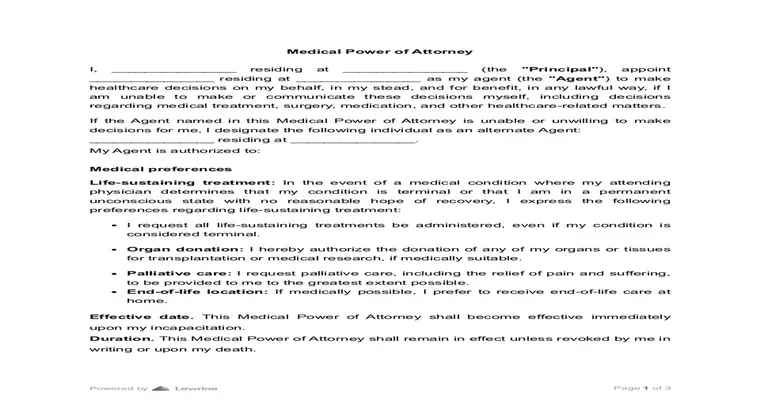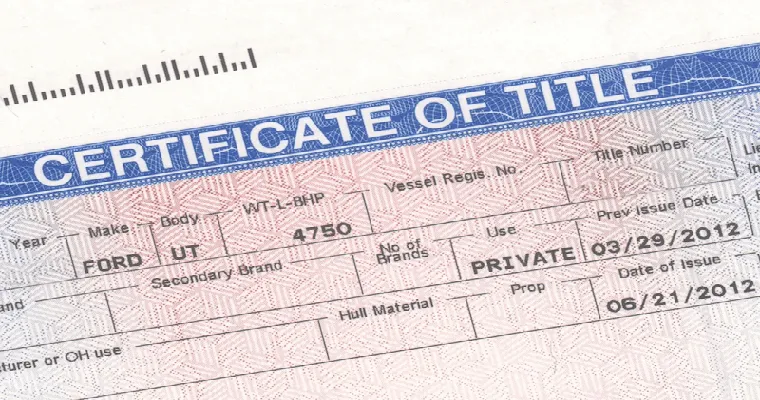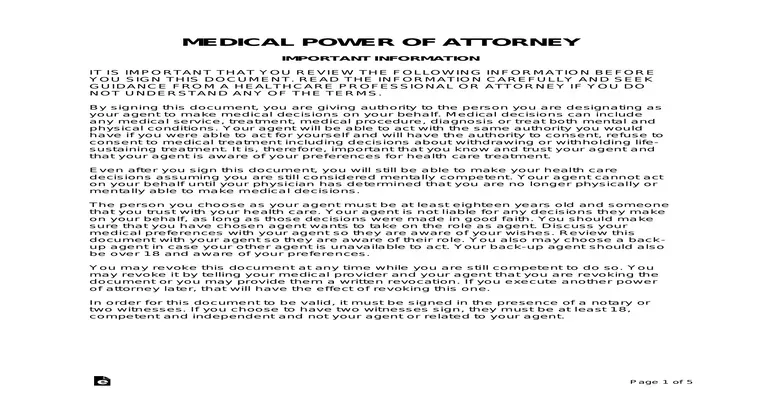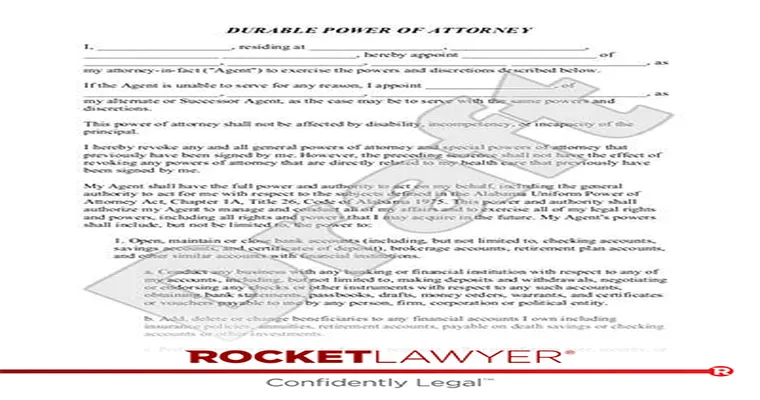When it comes to caring for an aging parent, many individuals wonder about the financial implications of their efforts. Specifically, they may ask, "Can my mom gift me money for the care I provide without tax ramifications?" Understanding the "MPOA" (Medical Power of Attorney) and "DPOA" (Durable Power of Attorney) can clarify this situation. These legal documents can play a significant role in managing healthcare and financial decisions, but they also raise questions about gifting and taxation.
First, it is essential to understand what "MPOA" and "DPOA" entail. An MPOA allows you to make medical decisions on behalf of your parent if they become unable to do so themselves. Meanwhile, a DPOA grants you financial authority over your parent's assets and decisions. When you provide care, you might be wondering how gifts of money from your parent can be structured and whether they will trigger any tax consequences.
Generally, the IRS allows for "gifts" up to a certain amount per individual per year without incurring gift tax. As of 2023, this amount is $17,000. This means your mother can gift you up to $17,000 in a single year without any tax implications for either party. If she gifts you more than this amount, it may require filing a gift tax return, although she may not owe any actual taxes until her lifetime gifts exceed the lifetime exemption limit, which is currently set at $12.92 million.
However, when considering payments for care, it is crucial to document the nature of the payments adequately. If your mother pays you directly for caregiving services, you may need to report this income on your tax return. Conversely, if the payments are classified as gifts, they will generally not be subject to income tax. This distinction is vital, as it can influence how you and your mother handle the finances involved in your caregiving relationship.
Additionally, if your mother needs to qualify for Medicaid or other assistance programs, any gifts made within a certain look-back period can affect eligibility. The look-back period is typically five years for Medicaid, meaning that significant gifts made during that time may incur penalties or delays in receiving benefits. Therefore, if you are considering accepting money for care services, it is advisable to consult a financial advisor or an elder law attorney to navigate potential pitfalls.
In summary, the ability for your mom to gift you money for the care you provide comes with specific guidelines and considerations. Understanding the implications of "MPOA" and "DPOA", recognizing the annual gift tax exclusion, and being aware of Medicaid's look-back period are all crucial steps. By approaching this situation with a clear understanding of the rules, you can ensure that the financial arrangements you make are beneficial for both you and your mother without unexpected tax ramifications.





